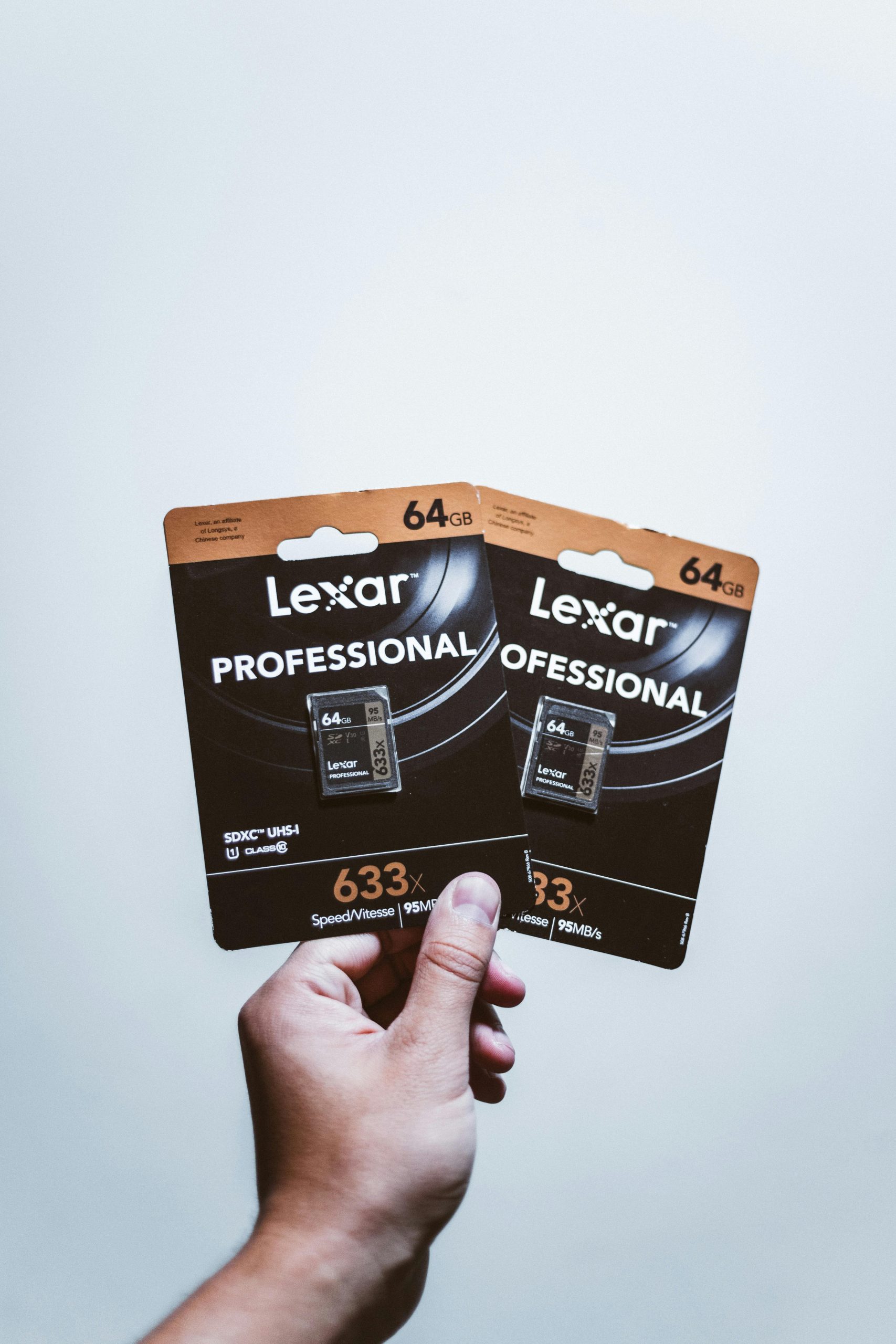When financing a car, do I only need comprehensive and collision insurance, or should I also include uninsured motorist coverage, passenger insurance, and other types? I just financed a new vehicle and understand that I need full coverage, but I’m unsure what that entails. I’ve been comparing quotes, and if I opt for just liability, collision, and comprehensive coverage with a high deductible and skip the additional coverages, the monthly payments become much more manageable. Is that typically sufficient when you’re financing a car? As long as I have liability, comprehensive, and collision coverage, does the deductible really make a difference?
When I finance a car, do I usually just need to have the comprehensive and collision insurance or do I also need to have non-insured motorist Insurance, passenger insurance, etc?




When you finance a car, lenders typically require you to carry full coverage insurance, which generally includes liability, collision, and comprehensive coverage. Here’s a breakdown of what you need to consider:
Liability Insurance: This covers damages to other people or their property if you’re at fault in an accident. It is usually required by law.
Collision Insurance: This covers damage to your vehicle from an accident, regardless of who is at fault.
Comprehensive Insurance: This covers damage to your car from non-collision incidents, such as theft, vandalism, or natural disasters.
While liability, collision, and comprehensive coverage are the main components of full coverage, you should also consider:
Uninsured/Underinsured Motorist Coverage: This protects you in case you’re involved in an accident with someone who doesn’t have insurance or doesn’t have enough coverage to pay for your damages. This coverage is not always required by lenders, but it’s highly recommended for your protection.
Personal Injury Protection (PIP) or Medical Payments Coverage: This covers medical expenses for you and your passengers if you’re injured in an accident, regardless of who is at fault. Like uninsured motorist coverage, it’s not typically mandatory for financing but can be very helpful.
Deductibles: The deductible is the amount you agree to pay out of pocket before your insurance kicks in. While having a high deductible can lower your monthly premiums, make sure you can afford to pay that amount in case of an accident.
In summary, while liability, collision, and comprehensive coverage are essential to fulfill the financing requirements, it’s wise to also consider uninsured motorist and personal injury protection to ensure you’re fully covered. Always review your specific loan agreement and consult with your insurance agent for tailored advice to your situation.